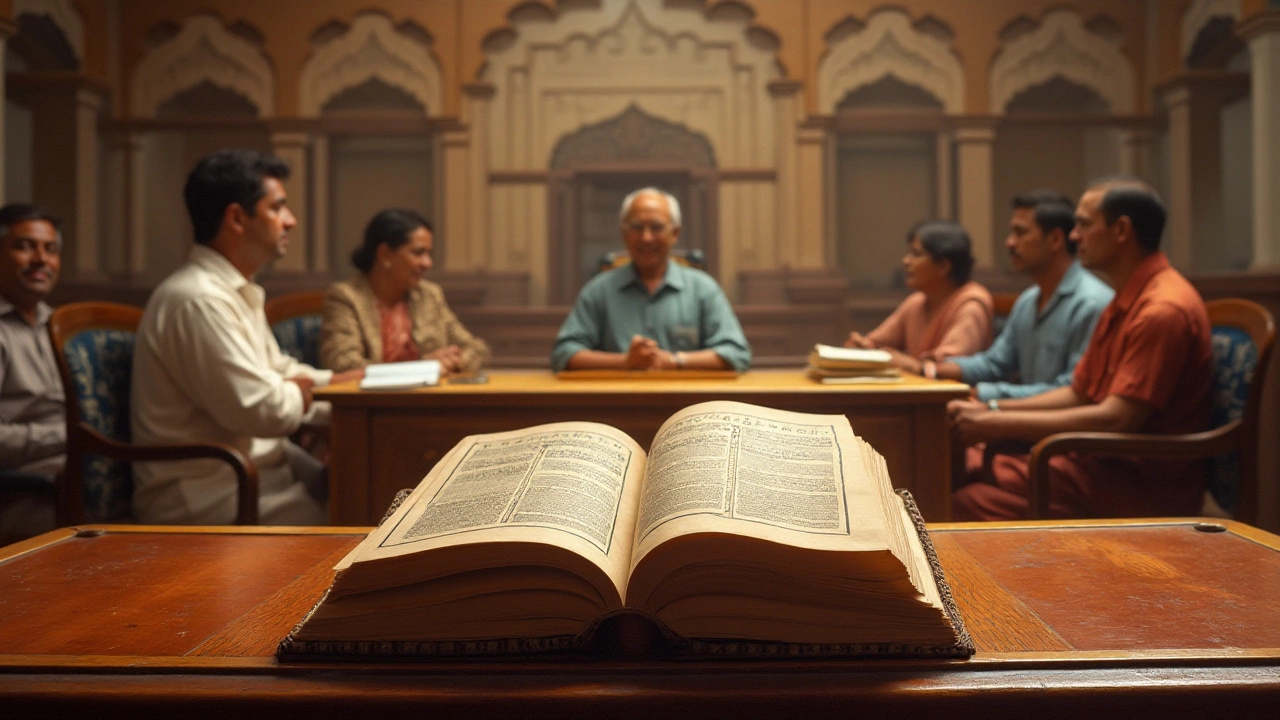Tenant Ownership Claim: Can Indian Tenants Own Rented Property?
If you’re renting a house or flat in India, you might wonder whether you can eventually become the owner. The short answer is: it’s possible, but only under very specific conditions. This guide breaks down the legal ideas, the main rules, and what you can do right now to protect your interests.
What the law says about tenant ownership
The idea of a tenant turning into an owner mainly comes from the concept of adverse possession. In simple terms, if someone occupies land or a building for a continuous period without the owner’s permission, the law may recognise that person as the new owner. In India, the standard period is 12 years for most types of property.
However, adverse possession doesn’t apply automatically. You must prove that you:
- Have lived in the property openly, without trying to hide the fact.
- Have paid taxes, utilities, or other expenses that show you treated the place like your own.
- Did not have a written lease that explicitly says you’re only a tenant.
- Continued to occupy the property for the full 12‑year period.
If the landlord sues you during those 12 years, the clock resets. Any interruption, like being evicted or paying rent under a formal agreement, can break the claim.
Besides adverse possession, some states have special provisions for agricultural land or government‑owned plots. Those rules may shorten the required period, but they also need clear documentation.
How to protect your rights as a tenant
Even if you’re not aiming for ownership, knowing the rules helps you avoid disputes. Here are practical steps:
- Read the lease carefully. Make sure it states who is responsible for repairs, painting, and property taxes. Anything vague can become a fight later.
- Keep records. Save bills, tax receipts, and any communication with the landlord. These papers can prove you acted like an owner if needed.
- Ask for a written agreement. A signed document that mentions your right to stay for a set period reduces confusion.
- Know the 12‑year rule. If you think you might want to claim ownership someday, avoid signing a lease that says you must vacate before the period ends.
- Seek legal advice early. A quick chat with a property lawyer can clarify whether your situation fits the adverse possession criteria.
Remember, the law is designed to protect both landlords and tenants. Trying to claim ownership without meeting the strict requirements can lead to costly court battles.
So, can a tenant own a rented property in India? Yes, but only if they meet the adverse possession timeline, show open and continuous possession, and have no formal lease contradicting that claim. Most renters will never reach that point, but knowing the rules can help you stay safe and make informed choices about your home.

Tenant Rights in India: Can a Tenant Ever Claim Ownership of a Property?
In India, the relationship between tenants and landlords is governed by laws, making property ownership claims by tenants complex. While tenancy initially grants rights to use the property, it typically doesn't confer ownership rights. There are, however, exceptional situations under Indian law where a tenant might be able to claim ownership, such as long-term adverse possession. Understanding the nuances of the Indian legal framework is crucial for both landlords and tenants. This article delves into the legal rights and limitations surrounding tenant property claims in India.